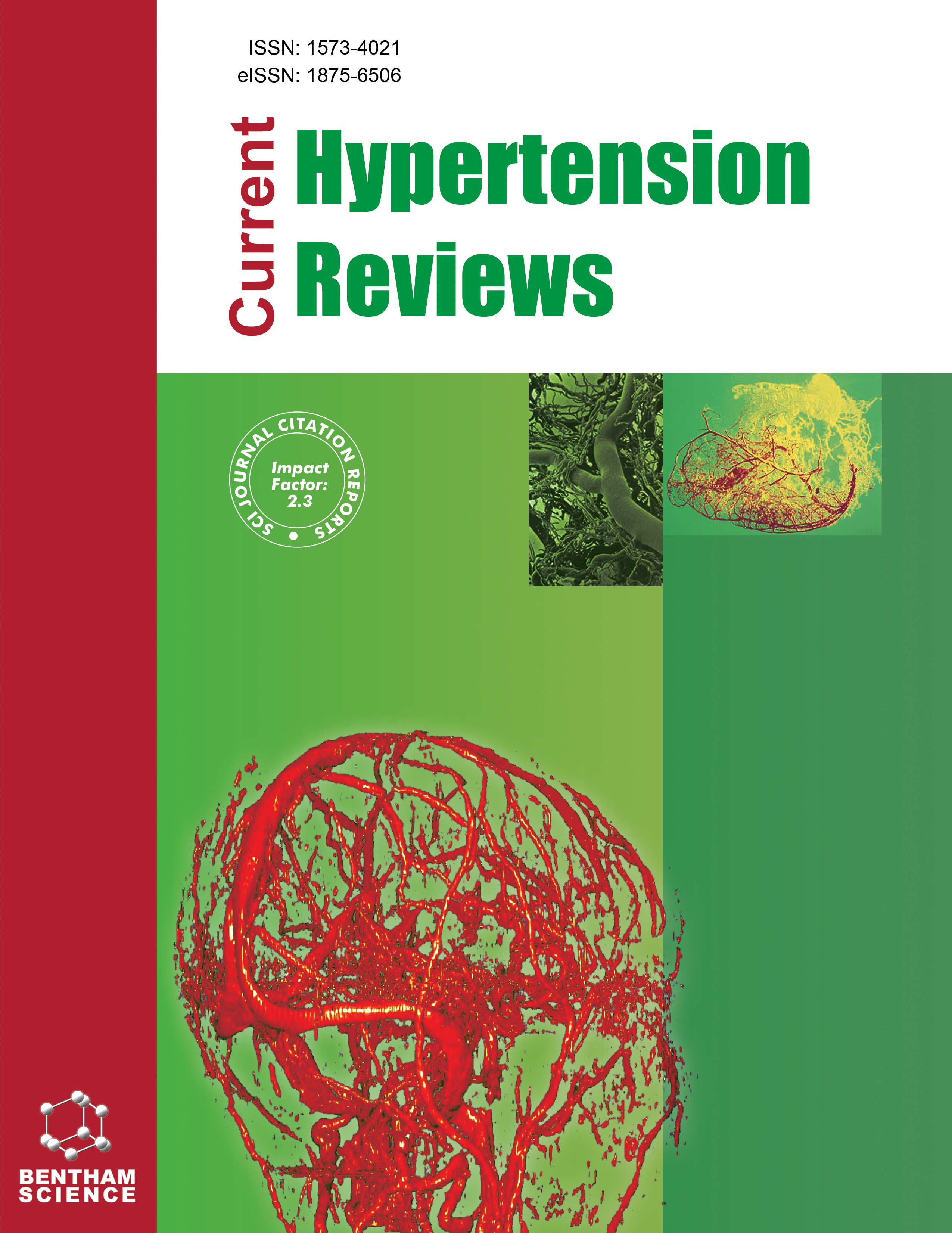
Full text loading...
Hypertension, a prevalent global health issue, poses significant risks for morbidity and mortality. The interplay between hypertension and comorbidities like diabetes and chronic kidney disease (CKD) underscores the urgency for effective management strategies. Chronotherapy, aligning medication administration with circadian rhythms, emerges as a promising approach to optimize treatment outcomes.
The objective of this study is to assess the safety and efficacy of the use of ACEIs and ARBs in the chronotherapeutic treatment of hypertension. We aim to clarify the influence of circadian blood pressure patterns on the efficacy of medications and investigate the potential of chronotherapy in the management of hypertension by conducting a thorough examination of the existing literature.
A literature search spanning from January 1980 to 2023 was conducted using PubMed, Scopus and Google Scholar databases. Search terms included ACE inhibitors, ARBs, chronotherapy, hypertension, and circadian rhythm of blood pressure. Studies investigating the effects of chronotherapy with ACEIs and ARBs in hypertensive patients were analyzed.
Chronotherapy offers a personalized approach to hypertension management, leveraging the dynamic nature of circadian rhythms. By administering ACEIs or ARBs at night, the risk of morning blood pressure surges, associated with adverse cardiovascular events, can be mitigated. However, the optimal timing and combination of medications remain areas of ongoing research.
Our review highlights the potential of chronotherapy with ACEIs and ARBs as a promising avenue for hypertension treatment. Further research is warranted to elucidate the mechanisms underlying circadian blood pressure regulation and optimize chronotherapeutic strategies. This comprehensive evaluation underscores the need for personalized treatment approaches tailored to individual circadian rhythms for improved hypertension management and reduced cardiovascular risk.

Article metrics loading...

Full text loading...
References


Data & Media loading...

